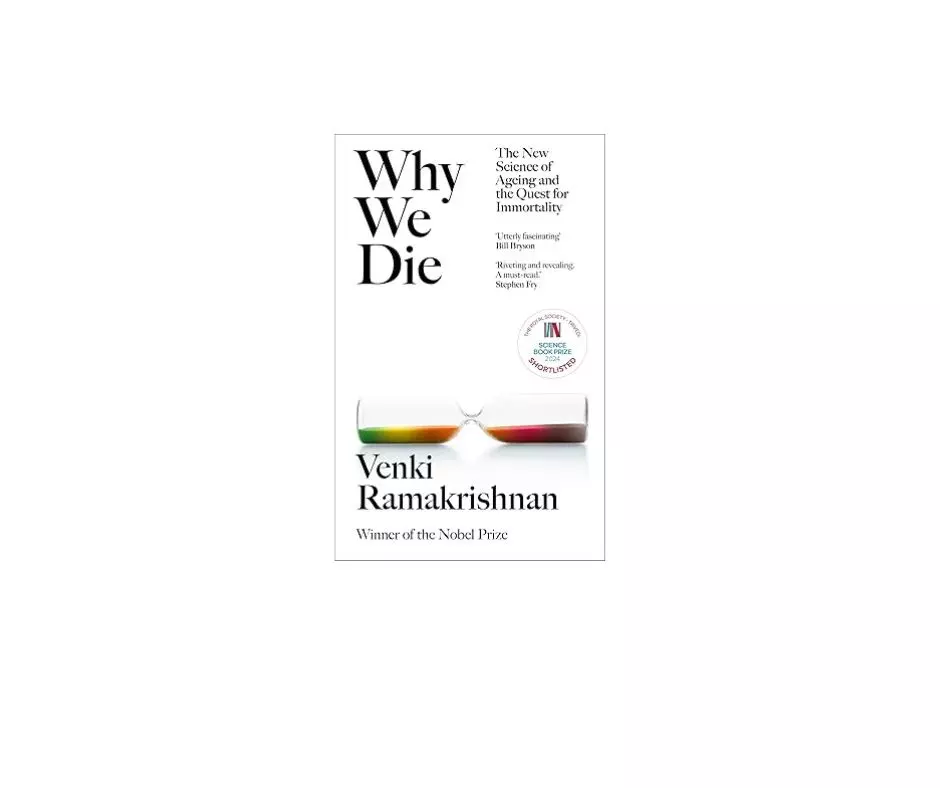Book Review | Solving the final puzzle of death
Ramakrishnan takes us through several streams of thought, some interconnected, some independent, which appear to be leading us closer to the answer

A few things hit you right away, as you start reading Why We Die. In random order: that living organisms are so complicated and so finely tuned that we will never fully comprehend ourselves, that the author of this book reminds one of Oliver Goldsmith’s school master “that one small head could carry all he knew”, and that a book about medicine and science can be so well told, apart from being so fascinating and awe-inspiring.
Venki Ramakrishnan is of course a Nobel Prize-winning biologist, sharing the 2009 chemistry Nobel for his work in ribosomes. But that is not the only reason to read this book.
Why We Die explores a number of ways in which our bodies work as well as the various bodies of research which examine how we work, and why we work in the way we do, as well as the huge efforts into trying to examine how to change the way we work.
Research into disease is also, in a sense, research into longevity. But because we are such complicated organisms with such finely-tuned, edge of a hair’s breadth processes to run the machine, no one answer is ever enough. So we delve into the history of science, into philosophical and ethical questions, into the best and the somewhat warped minds, as humans try to decipher themselves and that question which has long tormented us: why do we die.
Even that’s not an easy question to answer, as Ramakrishnan reveals. He has the knack of a story-teller, with gentle humour, an enviable turn of phrase, and a flair for a bit of controversy. No story without spice!
From DNA to RNA, to cell behaviour, from experiments on other creatures to experiments on proteins, to mice and worms, to tech billionaires to fad diets and their effects, we go through them all and then some.
In case you thought there was a magic answer at the end, then this book is not for you. You would be better off believing the community of snake oil salespeople which includes influencers on social media with their magic potions, lotions and pills. But seriously we also learn that we are close, very close, to understanding how diseases of ageing like dementia and Alzheimer’s, or Parkinson’s, can be more effectively stalled if not conquered.
Ramakrishnan takes us through several streams of thought, some interconnected, some independent, which appear to be leading us closer to the answer. Not all organisms behave in exactly the same way nor do they have the same responses to the same stimuli. Complex and sometimes to the lay mind, incomprehensible, you have to be full of admiration for the tenacious scientists who work in excruciatingly painstaking ways to find answers to longevity and health. Not however for rich old men who want to live forever and the cultists around them.
To me, one of the most cherished lines about mortality comes from Tolkien, where men are gifted death. To live a better life seems a wiser goal than to live forever. But Why We Die gives us hope for a future that is longer and healthier.
Why We Die: The New Science of Ageing and the Quest for Immortality
Venki Ramakrishnan
Hachette
pp. 310; Rs 699
